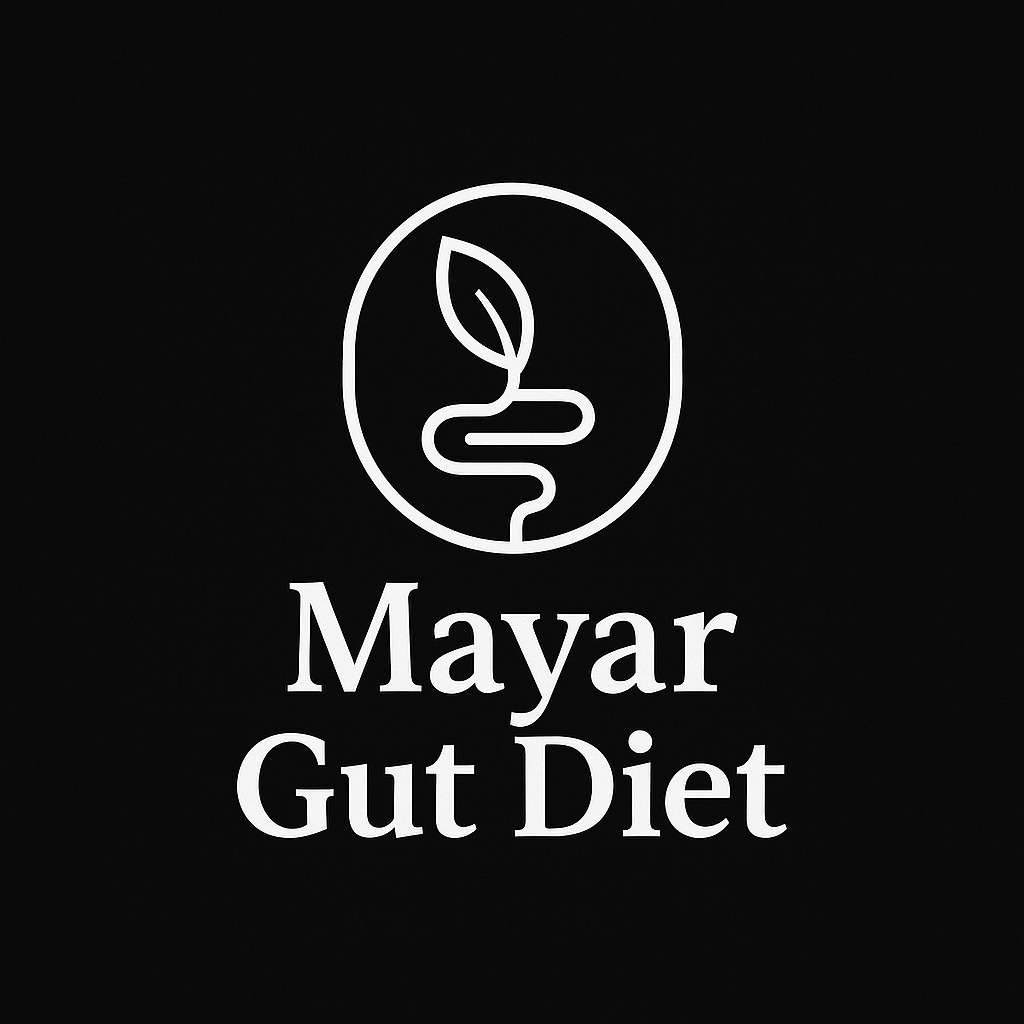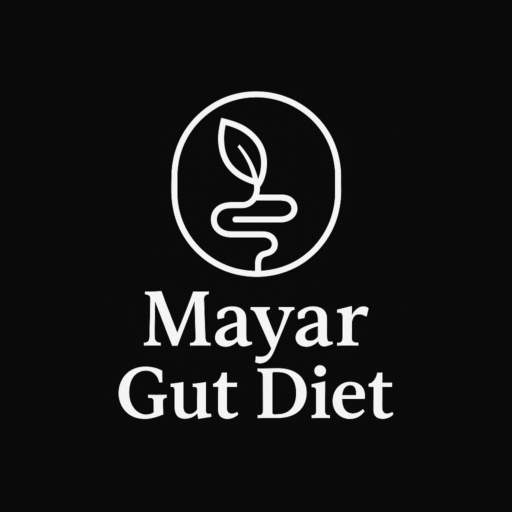
Gut Health Anger Management – Struggling with uncontrollable outbursts or emotional volatility? If anger often feels like it hijacks your brain, your gut might be the key. Research shows that gut health and anger management are deeply intertwined—especially when stress hormones like cortisol and adrenaline are involved.
Let’s uncover six science-based gut protocols that regulate mood, lower cortisol, and even improve childhood aggression and impulse control.
Why Do the Japanese Have the Flattest Bellies?
Unlock the secret used in Okinawa to naturally melt belly fat and restore energy.
This tonic targets slow metabolism and chronic bloating fast.
Why Gut Health and Anger Management Affects
Your gut and brain are in constant communication through the gut-brain axis. A disrupted microbiome can impair neurotransmitter production (like serotonin and GABA), raise cortisol levels, and increase adrenaline regulation issues, leading to heightened aggression and poor impulse control.
A balanced gut helps reduce reactive anger and improves mental clarity.
According to studies, cortisol testing often reveals high stress loads in individuals with persistent emotional dysregulation.
🌱 6 Proven Gut Protocols to Tame Anger & Improve Self-Control
1. Lactobacillus rhamnosus for Cortisol Balance
- Lowers cortisol levels
- Reduces anxiety and emotional reactivity
2. Bifidobacterium longum for Emotional Resilience
- Boosts GABA production
- Supports impulse control in stressful situations
3. Anti-inflammatory Diet + Probiotics
- Omega-3s, leafy greens, and fermented foods reduce gut inflammation
- Enhances microbiome diversity and emotional regulation
4. Daily Prebiotics for Gut-Brain Stability
- Inulin and FOS support healthy bacteria
- Indirectly improves behavior and mood, especially in childhood aggression cases
5. Timed Probiotic Supplementation (AM/PM split)
- Daytime strains (L. casei) support energy regulation
- Nighttime strains (L. reuteri) promote calm and sleep
Healing the Body With Faith & Nature?
Chronic fatigue, stress, or inflammation? Discover ancient biblical plants used for healing since time immemorial.
Holistic health inspired by sacred wisdom.
6. Integrative Approach: Family Therapy + Gut Protocol
- Pairs microbiome healing with emotional communication practices
- Clinical trials show success in reducing outbursts when gut protocols are combined with family therapy
Key Nutrients That Support Gut-Based Mood Regulation
- Magnesium: Calms the nervous system
- Vitamin D: Supports serotonin production
- Zinc: Helps regulate neurotransmitter activity
- Tryptophan: Boosts serotonin through the gut
🧠 Tip: Pair these with gut-friendly probiotics to maximize effects.
Gut Health Anger Management – Best Foods for a Calm Gut = Calm Mind
- Fermented options: kefir, kimchi, sauerkraut
- High-fiber fruits: bananas, apples, oats
- Anti-inflammatory spices: turmeric, ginger
- Dairy-free probiotic yogurts for sensitive individuals
Struggling with Belly Fat Despite Eating Right?
Sumatra’s ancient blend is shaking up the weight loss world. Bloat, cravings, fatigue? Gone.
Drinkable. Effective. Trusted by thousands.
Conclusion: Reclaim Emotional Balance from the Inside Out
Uncontrolled anger isn’t just psychological—it often has a biological root in the gut. By implementing these anger-reducing gut protocols, you can regain control over your emotions, lower cortisol, and enhance personal and family relationships.
Many have transformed their emotional lives through this natural approach. Why not try it today?
⚡ Special Deal: Get 15% off our top-rated anger support probiotic bundle—limited time only!
[Try It Now] 🧬
FAQ
How doesGut Health Anger Management affect control? Poor gut health disrupts neurotransmitter and hormone balance, increasing cortisol and reducing self-control.
Can children benefit from gut protocols for aggression? Yes. Some protocols are tailored for childhood aggression and show improvements in behavior.
What’s the best probiotic strain for emotional stability? Strains like Lactobacillus rhamnosus and Bifidobacterium longum help regulate mood and stress hormones.
Is family therapy necessary with gut protocols? It’s not required, but combining family therapy and gut support often yields stronger results.
How long until I see improvements? Most people notice mood changes within 3–6 weeks of consistent protocol adherence.






















One Comment